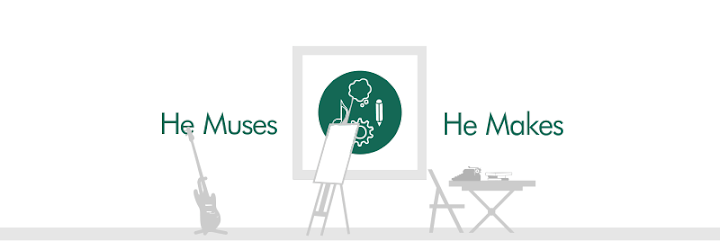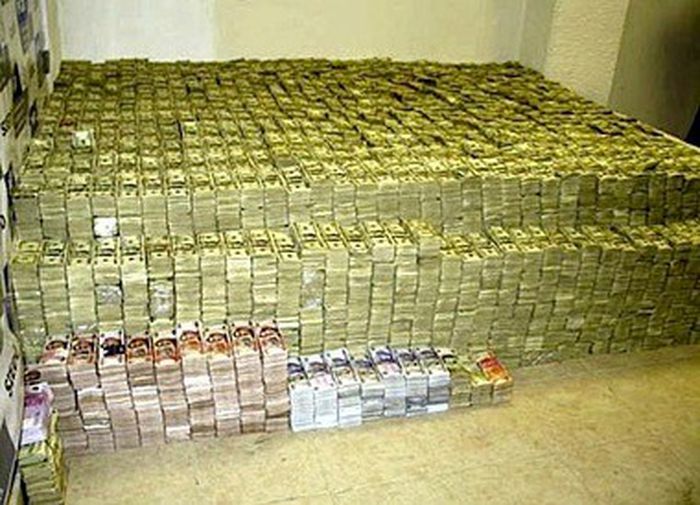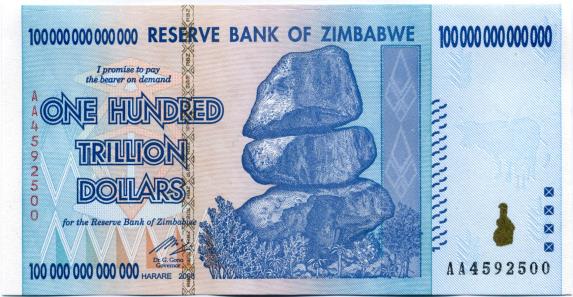
This originally appeared on misteragyeman.blogspot.com on October 10, 2014.
Two days ago, in terms of population, the world’s second-largest economy was four times the size of the largest. Even now, though China has overtaken the USA, there hasn’t really been any change in per capita income. It’s just two hundred million dollars difference, after all.
Just two hundred million.

The first idea of valuable paper came up in China, incidentally. They were just IOUs with signatures, what we now call bankers’ drafts. They indicated that this man with the little paper actually had 100 pounds of copper coins in his safe, but couldn’t bring it for fear of hernia. It made sense, therefore, to give the man your goods, then get your wheelbarrow and go home with him. The paper promised copper, and copper was a valuable commodity. Some centuries later, Roman soldiers decided salt was something worth fighting for.
Our current money system is a bit more complicated. Modern money is supposed to be representative, meaning that it is still worth something concrete and valuable, like gold. The paper money is supposed to allow you – should you ever want to do so – to walk into the bank and ask for some real money. But it doesn’t actually mean that any more. Now we have ‘fiat’ money. Which means it is only money because the government says it is, and they can beat up anybody who disagrees. But the governments still keep some gold, anyway. It’s good for their street credibility.
Money is weird.
I am currently resisting a very strong urge to whip out my special ‘Zimbabwean Dollars’ image right now. I have repented, and shall abuse it no more. Even if it makes the point so very well. But no, I will be strong. There are other ways to illustrate the silliness that we are proud to call ‘modern economy’. For example, counterfeiting measures have gotten incredibly sophisticated, but it still cost just 5 or 6 cents to print one dollar. That’s really cheap. That’s about the same cost as business cards. Sure, the printing machines and engraving plates cost something- but it’ll pay off in the long run, you understand. We could, really- let’s all just start printing money today!
But then you know what would happen? In our new lives as filthy rich counterfeit billionaires, we would still want to buy common things like beef and batteries and toothbrushes, which we would still need the common worker to make. After a while, it will strike the worker’s common mind that maybe he should save up and buy one of these second-hand money printing machines. Soon supply and demand would kick in. It’s a law, and it’s at work in Takoradi right now. This law states that if there’s a town of millionaires and an identical town of thousandaires, the millionaires will pay 10 times more for milk. If life obeyed mathematics, it would be 1000. But it can’t be bothered, of course.
You know what? I can’t do this.

Okay. Where was I? Yes. The secret laws and systems that control the world’s economies. We build all these complicated civilized networks, but the truth is we just want to eat. We just want to buy shiny things that catch the eye- of potential sex partners, hopefully. And we want to pay strong people to keep other strong people away from us. After you get all of these things, you get to a point where the money is only useful if it’s in circulation. We call it ‘expand or die’. Technically speaking, it is actually radioactive decay. Because there’s another law of our universe- a greater, more concrete law- that says when you get too big, you fail.
You see good examples of this in advertising. Companies pay millions for primetime TV ads for such small returns. It makes good sense when you have a new thing to tell people about- but when was the last time a Superbowl commercial was about something new? The video goes viral, then naturally it gets eradicated. Circulation; like salmon, the banknotes have to keep swimming around.
This phenomenon offends the ideal of human achievement, I know. The rat race is bad, of course- but the pursuit of happiness is good. They keep telling us this when we are young: Never Settle. Perhaps we might go farther: don’t let anybody tell you what settling means.
Leave a Reply